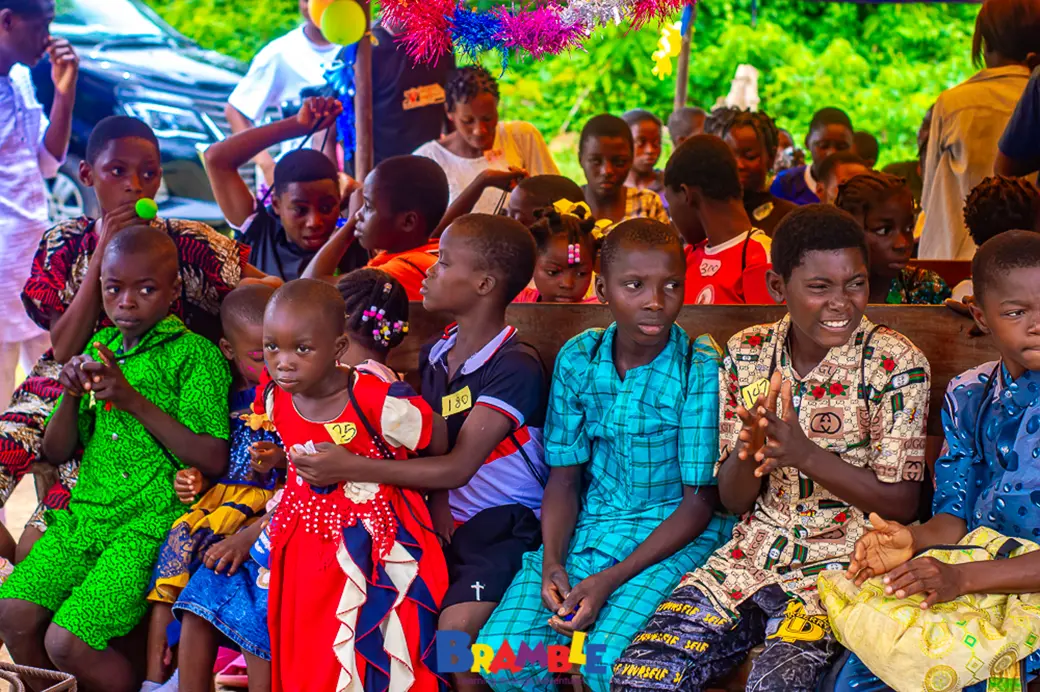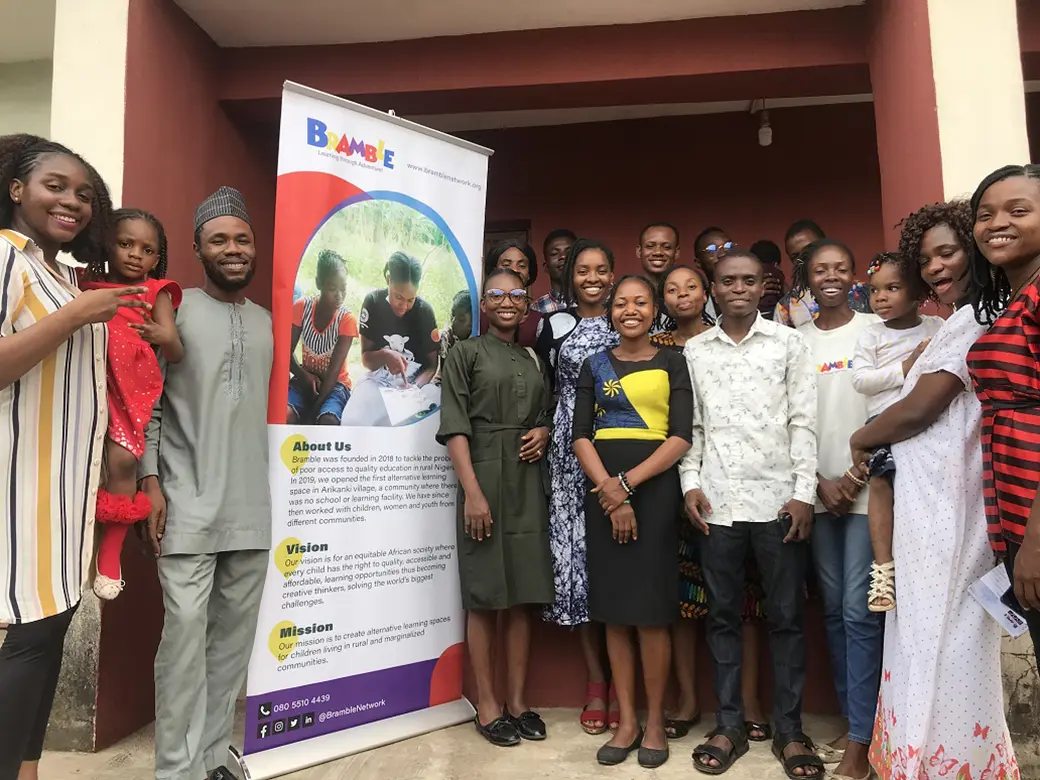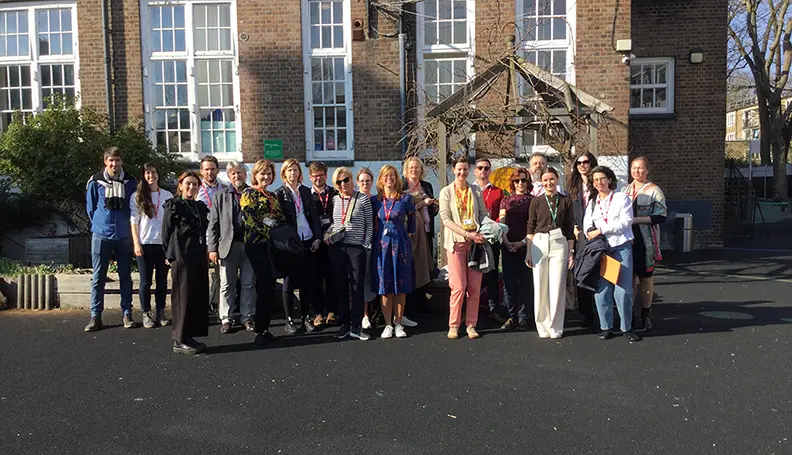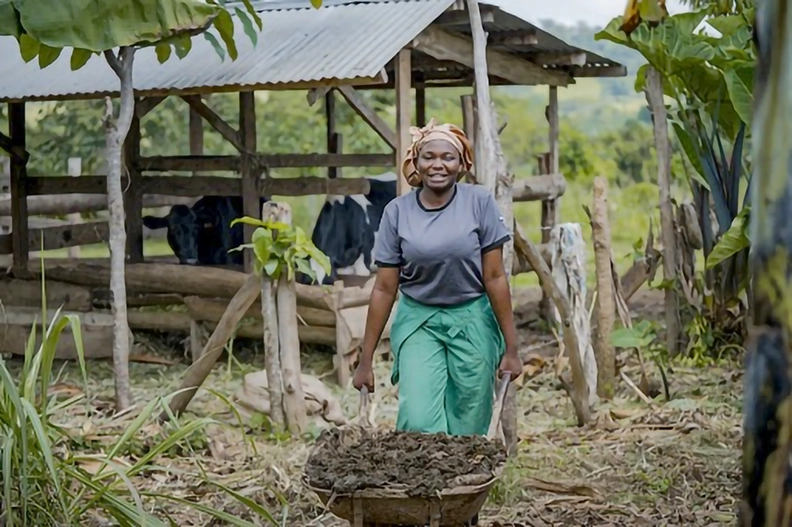

We recently caught up with Omoyemi Adeayo, Head of Centre, FLC - Bramble Network, a leader who achieved Skills Builder Global Impact Level Accreditation as part of the Global Impact Fellowship. Omoyemi's experience offers invaluable, real-world advice on how to successfully integrate the Universal Framework, moving from concept to tangible learner growth.
Here is Omoyemi's practical advice for educators and facilitators looking to achieve significant impact using the Universal Framework.
Omoyemi's Advice
1. Start Simple, Stay Consistent

The key to successful integration isn't rushing through the whole framework. Omoyemi advises facilitators to introduce the skills gradually, one step at a time.
“You know your beneficiaries better and how it can be used for them. It is not compulsory to complete all the steps at once.”
For example, when focusing on Speaking, Omoyemi's team focused on Steps 1-4 from the Universal Framework and built practical, real-life activities around them, such as class meetings, storytelling, or group projects. This simple focus combined with consistency helps learners internalise the language of the framework, making the concepts stick.
2. Integrate Skills into Everyday Learning
The Universal Framework should not be treated as an isolated subject. According to Omoyemi, it must be integrated into daily routines.
- Use it during reading sessions and discussions.
- Apply it in conflict resolution.
- Connect skills like Speaking or Problem Solving to what learners are already doing. This makes growth natural and measurable.
To make the framework practical, try using prompts like “Which skill are we using here?” or “How can we improve this skill today?” This shifts the focus from simply doing an activity to consciously using a skill.
What Worked Well to Help Achieve the Impact Level

1. Learner-Centered Practise Projects
The shift to learner-led activities proved to be a major success factor. Family meeting sessions and learner-led projects were particularly effective.
“They allowed learners to apply and demonstrate speaking skills publicly, boosting their confidence and communication.”
These high-visibility, practical projects made it easier for facilitators to identify strengths, track progress, and quickly determine which learners needed more targeted support.
2. Facilitator Support Tools
To ensure consistency across the board, the team relied on The Handbook for Organisations. This resource ensured that everyone-whether teaching reading, science, or a group activity- was using a consistent language and definitions. This unified approach meant that every educator was constantly reinforcing the same steps, leading to coherent, reinforced learning.
3. Reflection and Feedback
Encouraging learners to take ownership of their development was critical to reaching Impact Level 3. After each activity, learners were prompted to self-assess using questions like:
- “How did I communicate?”
- “What would I do better next time?”
This focus on reflection helped learners see their progress and actively take ownership of their continuous improvement.

Omoyemi’s experience demonstrates that achieving a high Skills Builder Impact Level is a result of a thoughtful, integrated, and learner-centered approach. By starting simple, staying consistent, and making the skills practical, any organisation can unlock significant growth for its beneficiaries.
Feeling inspired?
If, like Omoyemi, you’d like to embed essential skills across your provision, we’d love to hear from you.
Book in a call with the Skills Builder Global team today.



